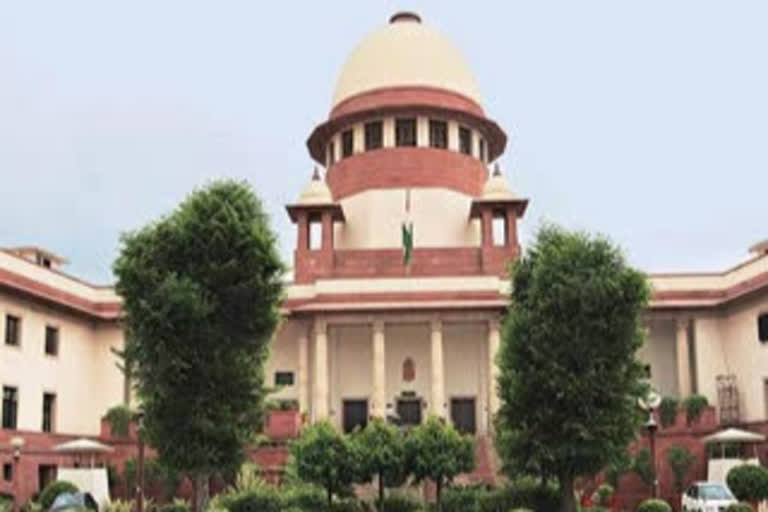New Delhi: The Supreme Court on Tuesday said it is necessary to put an end to sham litigation to ensure that judicial time is not wasted. A bench of Justices L. Nageswara Rao and B.R. Gavai noted that termination of a civil case is a "drastic" action, but courts cannot permit a litigant to pursue a lawsuit if it does not disclose a cause of action.
"This court has held that the underlying object of Order VII Rule 11 of CPC (Civil Procedure Code) is that when a plaint does not disclose a cause of action, the court would not permit the plaintiff to unnecessarily protract the proceedings. It has been held that in such a case, it will be necessary to put an end to the sham litigation so that further judicial time is not wasted," it said.
The top court delivered the verdict on an appeal filed by Rajendra Bajoria on the interpretation of the Order in connection with the issue of rejection of civil lawsuits in courts.
The bench noted that power conferred on the court to terminate a civil action is a drastic one, and the conditions enumerated under the Order are required to be strictly adhered to. "However, under Order VII Rule 11 of CPC, the duty is cast upon the court to determine whether the plaint discloses a cause of action, by scrutinizing the averments in the plaint, read in conjunction with the documents relied upon, or whether the suit is barred by any law," it added.
The top court dismissed Bajoria's appeal challenging the Calcutta High Court division bench judgment in a dispute connected with the inheritance of the properties by the legal heirs of the original partners in the partnership firm. The partnership deed was entered into in December 1943.
Read: Notification allowing women in NDA to be released by May, Defence Ministry tells SC
The bench said: "It has been held that if clever drafting has created the illusion of a cause of action, and a meaningful reading thereof would show that the pleadings are manifestly vexatious and meritless, in the sense of not disclosing a clear right to sue, then the court should exercise its power under Order VII Rule 11 of CPC."
It further noted that such a suit has to be nipped in the bud at the first hearing itself.
IANS



